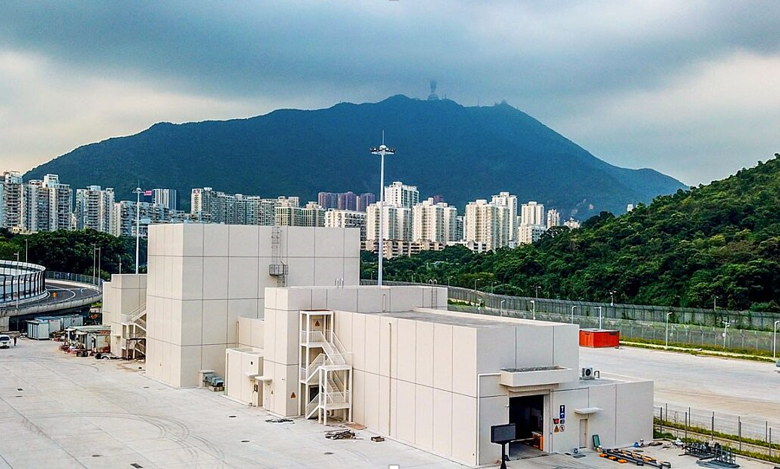Tech innovations transforming logistics and risk management

It’s no secret that technology has been a game-changer in many industries, and logistics is no exception. From the way goods are tracked to how risks are managed, tech innovations are making waves. The impact of these changes cannot be understated; they’re reshaping how businesses operate and enhancing efficiency across the board.
In recent years, the logistics sector has seen a surge in tech adoption, driven by the need for increased efficiency and transparency. The introduction of smart devices and advanced software has allowed for real-time tracking and data-driven decision-making. Companies can now monitor their shipments from departure to arrival, minimizing delays and optimizing routes. It’s like having an all-seeing eye on the supply chain, ensuring everything runs smoothly.
Making cargo management a breeze
One of the standout advancements in logistics tech is real-time tracking. This isn’t just about knowing where a shipment is; it’s about having a full view of its journey. With GPS and IoT sensors, companies can track the exact location of their cargo. This real-time data makes it possible to anticipate delays, reroute shipments if necessary, and keep customers informed every step of the way.
Transparency is another key benefit. Customers today expect to know where their orders are at all times. Real-time tracking provides this visibility, building trust and improving customer satisfaction. It’s not just about delivering goods; it’s about delivering peace of mind. Additionally, integrating an advanced cargo inspection system can ensure that the quality and safety of goods are maintained throughout their journey.
See also: Schedule a Call With Tech Support 3274322527
Boosting efficiency with data analytics
Data analytics is another game-changer in logistics. By analyzing historical data, companies can identify patterns and make informed decisions. This could mean optimizing delivery routes to save time and fuel or predicting demand to manage inventory more effectively.
But it’s not just about looking back; predictive analytics allows companies to look forward. By forecasting trends and potential issues, businesses can proactively address them before they become problems. It’s like having a crystal ball that helps you stay one step ahead.
Insurance tech is the unsung hero
While real-time tracking and data analytics get most of the spotlight, insurance tech is quietly revolutionizing risk management in logistics. Traditional insurance models often come with long claim processes and lack transparency. But with new tech solutions from InsTech, this is changing.
Insurtech solutions use real-time data to assess risks more accurately and speed up claims processing. For instance, if a shipment is delayed or damaged, sensors can provide immediate evidence, allowing for quicker claims resolutions. This not only saves time but also reduces costs associated with lengthy disputes.
Risk management gets a high-tech makeover
Risk management in logistics has always been crucial, but technology has taken it to new heights. Advanced algorithms now analyze vast amounts of data to predict potential risks in the supply chain. Whether it’s weather conditions that might delay shipments or geopolitical events that could disrupt routes, these systems provide valuable insights.
Moreover, automated systems can trigger alerts and responses in real-time. If a shipment deviates from its route or faces unexpected delays, the system can notify relevant parties immediately. This proactive approach helps mitigate risks before they escalate into bigger issues.
The future of logistics looks bright
Looking ahead, the future of logistics seems incredibly promising. With continuous advancements in technology, the industry is set to become even more efficient and transparent. Innovations such as autonomous vehicles and drones are already being tested for deliveries, potentially revolutionizing last-mile logistics.
Additionally, blockchain technology promises further enhancements in security and transparency. By providing immutable records of transactions and shipments, blockchain can prevent fraud and ensure accountability throughout the supply chain.
In conclusion (oops, almost slipped into academic mode there!), it’s clear that technology is transforming logistics in remarkable ways. From real-time tracking to advanced risk management, these innovations are making cargo management easier and more efficient than ever before. As these technologies continue to evolve, one can’t help but feel optimistic about what lies ahead for the logistics industry.



